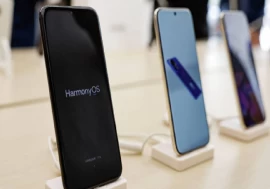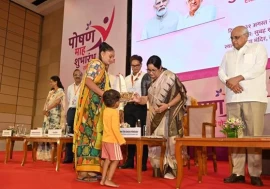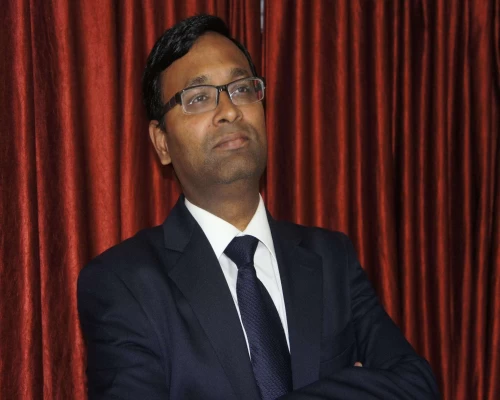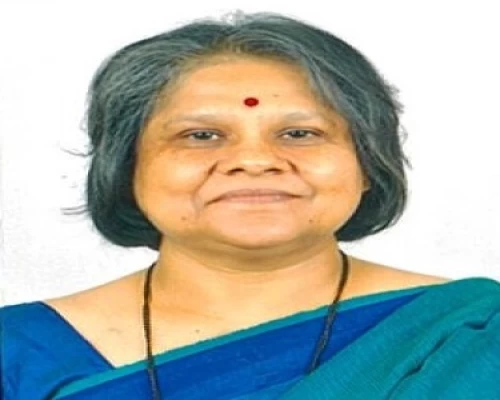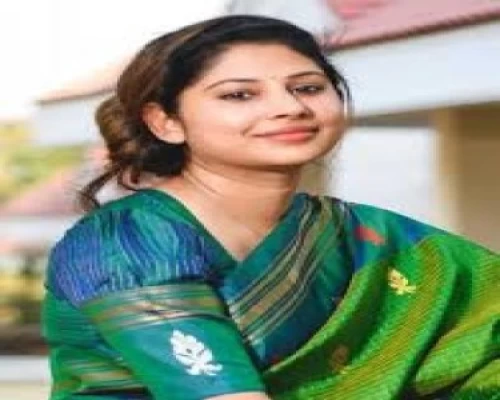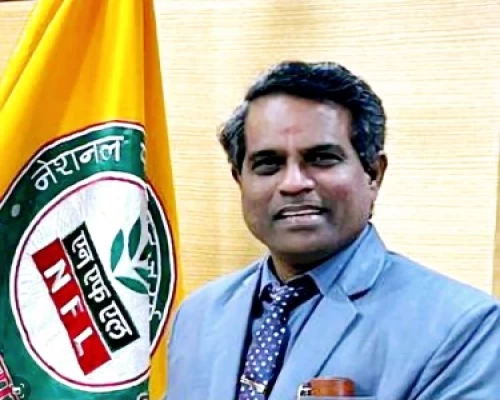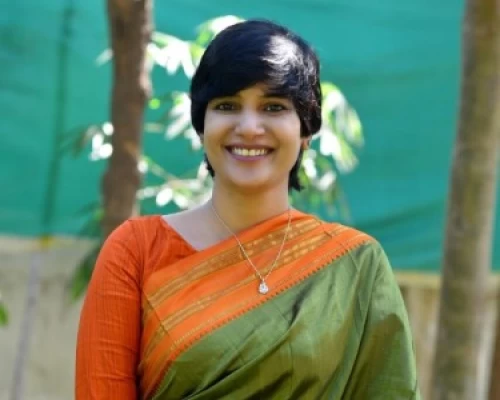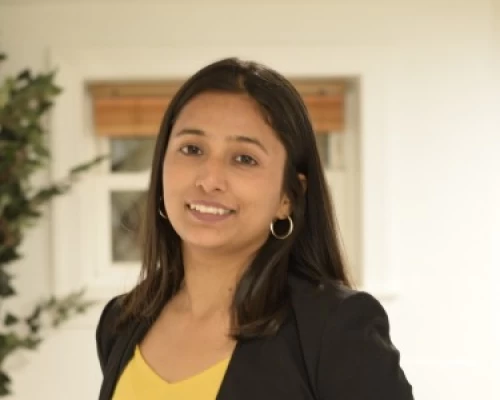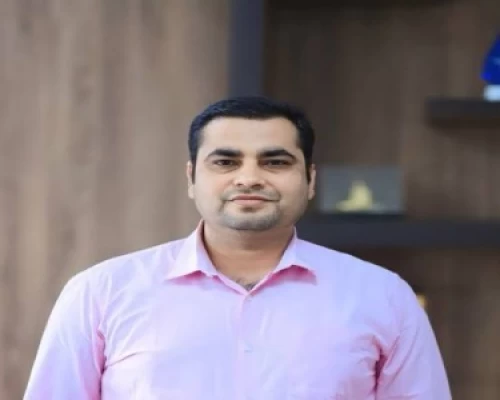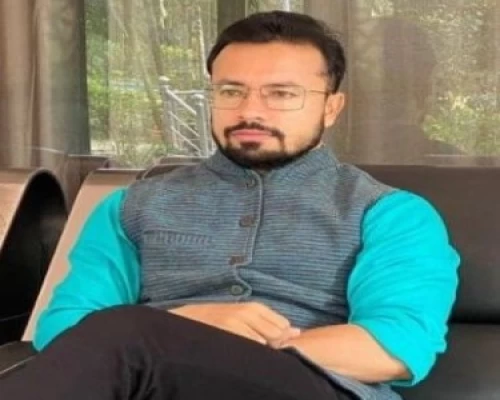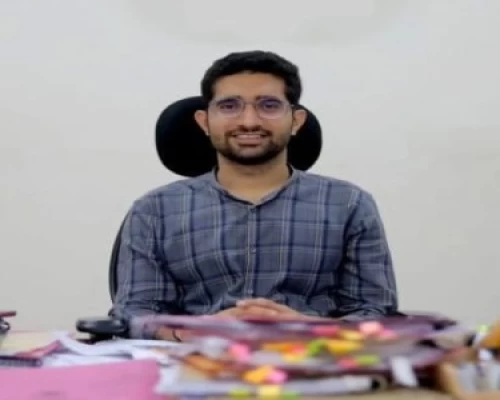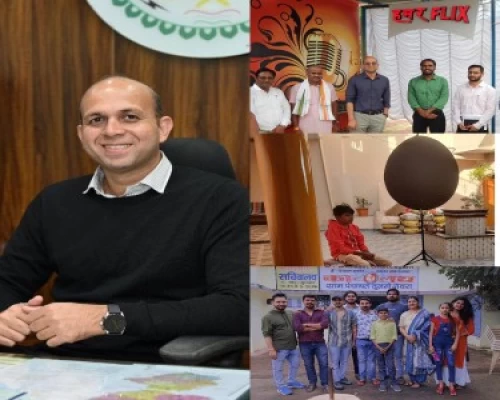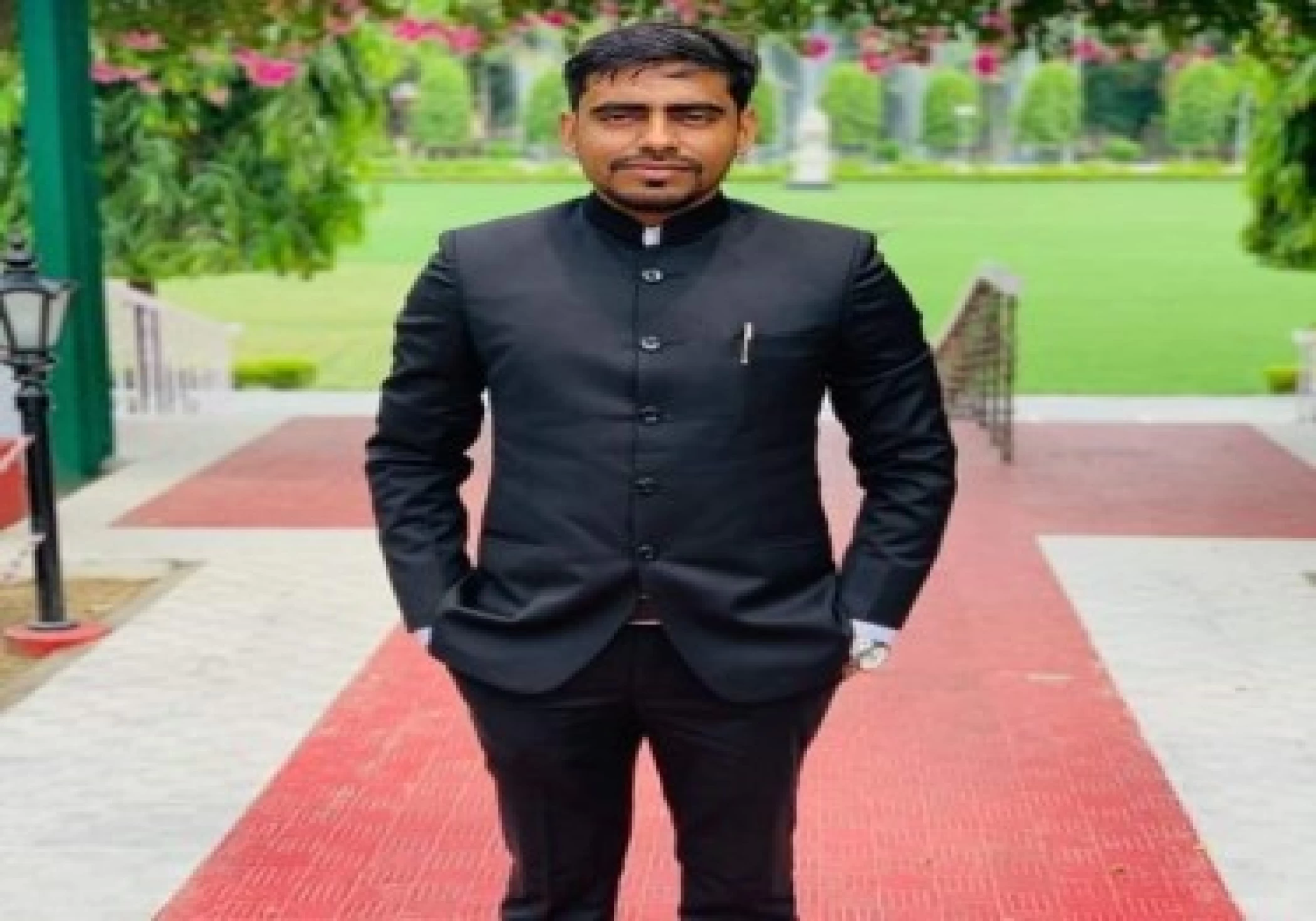
Effective implementation of schemes key to holistic development: IAS Jayendra Kumar
Young, dynamic and extremely affable, Jayendra Kumar, an IAS officer of 2018 batch, has left an indelible mark on the people of Kalpi. As the Sub-Divisional Magistrate (SDM) of Kalpi, which is part of Jalaun district in Uttar Pradesh, Kumar is not just concerned about delivering justice to the needy but also making positive interventions to improve the people’s ease of life. In an exclusive interview to Rajeev Ranjan Roy of Bureaucrats India, Jayendra Kumar shares his initiatives including digitization of records, rejuvenation of ponds and his excitement about being a part of India’s most coveted Civil Services. Here are the excerpts:
How exciting has been your journey in bureaucracy so far?
I am too young in bureaucracy. I completed my training just a month back. It is really going great. I have been interacting with senior bureaucrats, social workers and renowned personalities from different fields. I had seen many best practices all across the country in different fields. Two-year service has given me opportunity to see the problems of people very closely and I need to address their woes. I fully agree that Civil Services are playing a major playing in ensuring good governance. The Integrated Public Grievance Redressal System is the best example, where one can register his or her complaint online and can monitor the progress as well. Civil administration played a crucial role during the Covid-19 crisis.
How are you ensuring good governance?
We are doing our best to ensure the effective implementation of the Integrated Public Grievance Redressal System (IPGRS) in the district. We are following the norm of 15 days window to dispose of complains. The first and third Tuesday is reserved for Tehsil Divas. The second and fourth Saturday is fixed for Thana Divas. On these days, all officials gather at a single place to solve the issues on the spot without any delay. Online applications are being received for income, caste and residential certificates, which are issued online within 15 days. Similarly, most of land records are digitized and a copy can be obtained from anywhere. Many other services like mutation and solvency certificate can be applied and obtained online.
Tell us about moments which you cherished the most as an IAS officer.
Service is all about creating positive impact on the society. I was trained in the district of Ayodhya during my district training. ‘Dipotsva 2019’ was a memorable event. More than four lakh diyas were lit. A beautiful programme was organized by the District Administration. Ghats were reconstructed. It was a great experience for me. Similarly, during Covid-19 I felt really good to serve the migrants and poor. Crisis management is the biggest learning experience to me so far.
What are the areas of your focus currently?
As the Sub Divisional Magistrate, my focus is delivering justice to the people. The second priority is effective and quality redressal of public grievances. Third focus area is removing encroachments from the government land. Currently, I am focusing on rejuvenating old water bodies by removing encroachments and ensuring beautification work by coordinating with different departments of the government. Currently, we are working on beautification of a century old pond which is in a very poor condition in small town of Kadaura under Kalpi Tehsil in Jalaun district.
When did you realize that you wanted to join the Civil Services?
It was during graduation that I thought of being a part of the government. Then District Magistrate of Varanasi Mr Pranjal Yadav inspired me a lot to serve the people through civil services. After cracking the UPSC, I was mentally well prepared to adapt to new dynamics and challenges. At the same time, I had closely seen the administrative works although from other side of the table. I had experience of interacting with the district officials for my grievances as a common citizen. Although public dealing is a challenging task, I am getting experienced day by day.
As a bureaucrat, you have enormous opportunities to serve the people through effective implementation of schemes and polices. How has been your experience on this count so far?
Effective implementation of welfare schemes and other policies can only benefit the larger population. Paper tigers are not going to solve the real issues of common people. Whether these are schemes or court orders, their effective implementation can only bring real change in the society. For example, we can only stop the spread of virus by enforcing Covid-19 protocol in true spirit. During the Covid-19 pandemic, we ensured that each shop must have circles on the ground so that social distancing is maintained among buyers. When I inspected the market, I had seen the people were maintaining social distancing in only those shops where circles were marked. Where there were no marks for social distancing, there was no social distancing. During my training, I had seen the works being done under MNREGA. The 150-km long river was being rejuvenated, creating asset and employment opportunity as well.
Bureaucracy in India has undergone a metamorphosis in last few decades, especially in terms of design and delivery. It is far more efficient today, and this has given rise to soaring expectations. How do you look at this trend?
The use of information and communication (ICT) has changed the working of administration. Data is being now collected through mobile applications and can be easily monitored. Even those who are part of the administrative machinery at the grassroots level including Anganwadi workers, Lekhpal and Village Secretaries are using mobile application to collect data and deliver services. Bureaucracy in terms of design is more and less the same, but has become more vibrant, swift and response, which is a positive sign. In the age of digital and RTI, public are more aware of their rights and want speedy redressal of their grievances. In nutshell, bureaucracy is effective, responsive and service oriented today.
Technology has played a key role in enhancing transparency and efficiency in governance. Would you like to share any experience on use of technology in governance?
I will answer this question with an example. The Anganwadi workers are collecting survey data through mobile application called ICDS-CAS. By doing so, a close watch is being kept on the level of malnutrition of villages as the growth chart of children below five years is monitored through this mobile application. Activities of Anganwadi workers are monitored through this mobile application easily. The biggest benefit of this app is the freedom to Anganwadi workers from maintaining approximately 10 registers. This has ensured effective implementation of women and child care programmes.
What are some of the changes you would wish to see in bureaucracy? Do you feel the people have lot of expectations from civil servants?
Bureaucracy needs to be more professional and skilled to handle new and upcoming challenges. There must be a window to upgrade skills in the area of interest. There must be regular training programmes. Yes, I agreed the people’s expectations from us have increased, which I appreciate. The office of the District Magistrate (DM) is still one of most trusted offices in our country. People see towards us for justice.
Tell us about your family
Mine is a joint family, associated with agriculture. The head of the family is my grand-mother.
Share your fondest memory as Civil Servant.
Once I was sitting at a public place and an old lady came to me along with five-six other women. She told me: Sahab, Mai Boodhi Aurat Hoo. Mera Koi Nahi Hai. Meri Madad Kariye. I told her: Mataji, Aap Chinta Naa Karein, Hum Log To Hai Hee Aapka Khyal Rakhne Ke Liye. She became emotional and she put her hand on my head and said: Bete, Khoob Unnat Karo. That was a very emotional moment for me. After a few hours, I went to her place and saw her problem of water logging. I directed the Executive Officer, Town Area, to get the problem solved within a week.
What is the best compliment that you got from people while serving?
The biggest compliment was when people used to call me, saying: Sir, you have taken a good initiative. This was in response to our work to clean an old water body in the central of town Kadaura with the help of local people.
Last but not the least, what is the message for aspiring Civil Servants?
For all those who are aspiring to be Civil Servants, I would like to say: Give your 100 per cent and leave rest to the cosmos. Don’t get too much attached to the aurora of Civil Services. No doubt, Civil Services give opportunities to serve the people and make positive changes in the society. But this is not the only platform where you can perform and serve the people. There are many other ways to serve the motherland. After all, Civil Service is also a profession like any other!


